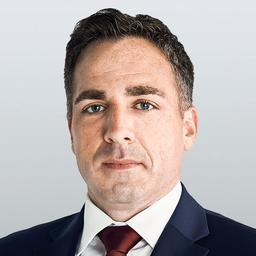Like many Americans, Thomas Speciale remembers exactly where he was on Sept. 11, 2001, when members of the Al Qaeda terrorist group hijacked and deliberately crashed four commercial airliners. In fact, he recalls sitting only about half a mile away from the Pentagon when the building was hit in the coordinated attack. In the days after the 9/11 attacks, Mr. Speciale traveled to Manhattan and witnessed the wreckage at the Twin Towers of the World Trade Center, where hijackers crashed two more airliners.
“It had a profound effect on my life,” he said in an interview with NTD News’ “Capitol Report” on Monday.






